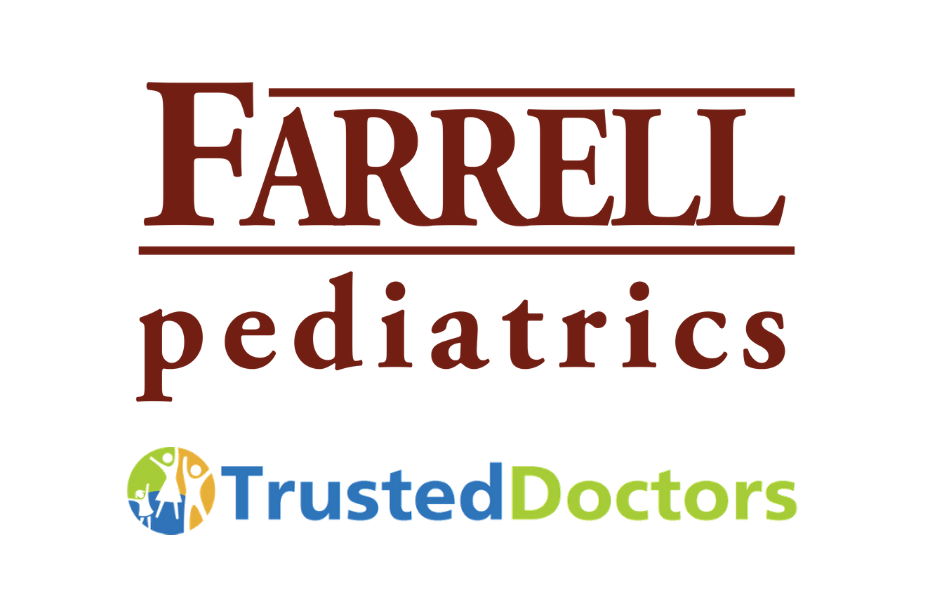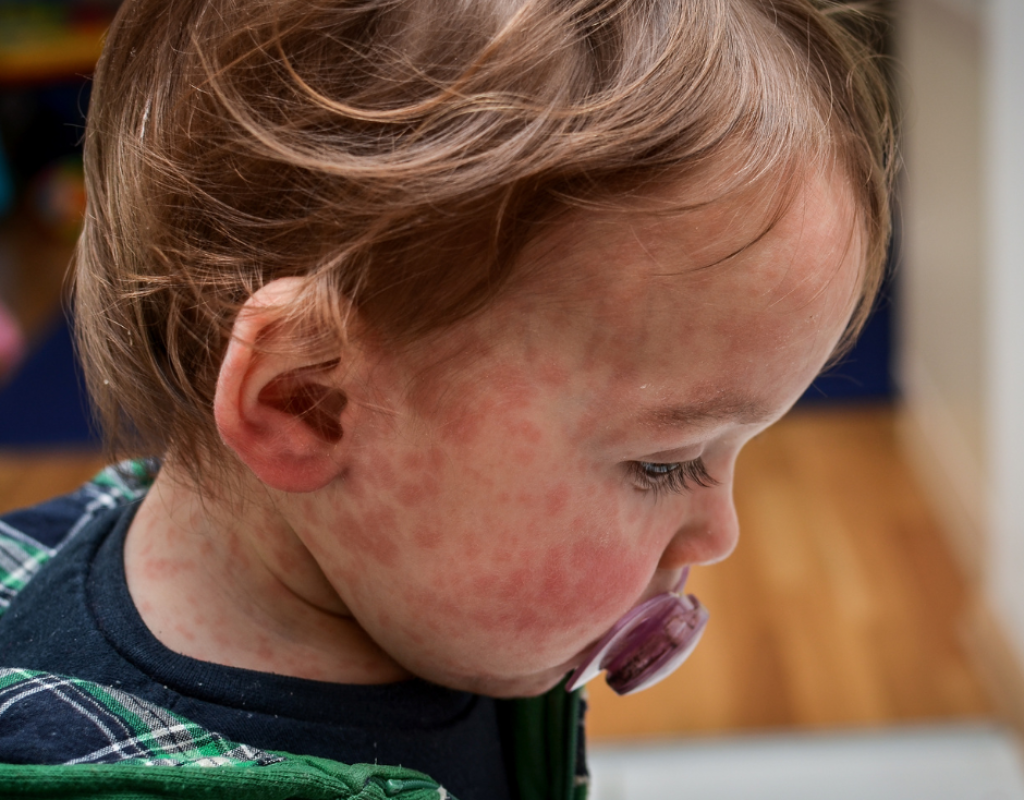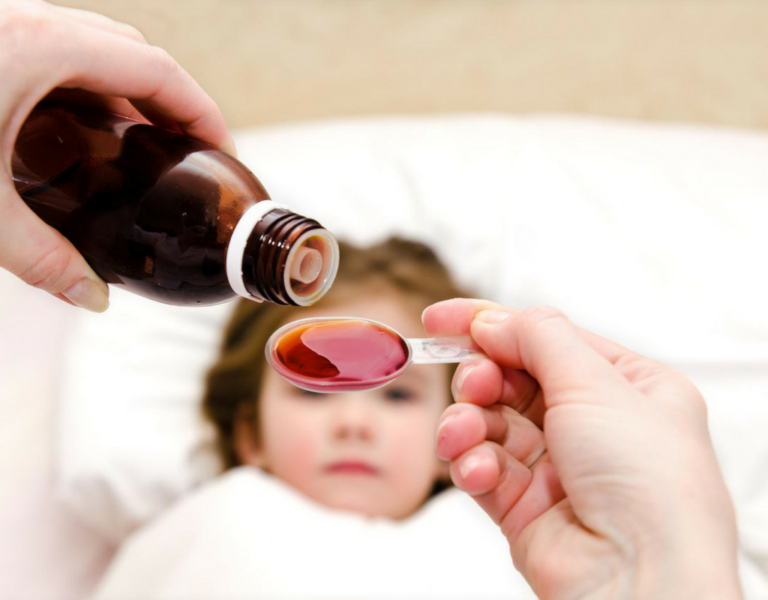We prioritize keeping our community informed about preventable diseases like measles and mumps. Recent outbreaks in the United States underscore the importance of understanding these illnesses and the critical role of the MMR (Measles, Mumps, Rubella) vaccine in safeguarding our children’s health.
Understanding Measles and Mumps
Measles is an extremely contagious viral disease. According to the CDC, if one person has measles, up to 90% of nearby individuals who are not immune will also become infected . The virus spreads through respiratory droplets when an infected person coughs or sneezes and can linger in the air for up to two hours after the person has left the area. Initial symptoms include high fever, cough, runny nose, and red, watery eyes, followed by a characteristic rash that spreads from the face downward. Complications can be severe, particularly in young children, leading to pneumonia, encephalitis (brain swelling), blindness and death.
Mumps is another contagious viral illness, primarily known for causing painful swelling of the salivary glands. It spreads through direct contact with saliva or respiratory droplets from an infected person . While mumps is generally less contagious than measles, it still poses significant risks, especially in close-contact settings like schools and colleges. Complications can include meningitis, hearing loss and rarely infertility.
Recent Outbreaks Highlight the Importance of Vaccination
As of March 20, 2025, the CDC has reported 378 confirmed measles cases across 18 U.S. jurisdictions, with 90% of these cases linked to outbreaks. Notably, Texas has experienced its largest measles outbreak in 30 years, with over 300 cases and one fatality. These outbreaks predominantly affect unvaccinated individuals, emphasizing the critical need for widespread immunization.
Mumps cases have also been reported, particularly in settings with close, prolonged contact. Although vaccination has significantly reduced mumps incidence, outbreaks continue to occur, especially in environments like college campuses and close-knit communities
Addressing Common Myths About Measles, Mumps, and the MMR Vaccine
Myth #1: “Measles and mumps are harmless childhood diseases.”
Truth: Both diseases can lead to serious health complications. Measles can cause pneumonia, encephalitis, and death, while mumps can result in meningitis, hearing loss, and infertility. Vaccination significantly reduces these risks.
Myth #2: “The MMR vaccine causes autism.”
Truth: Extensive research has shown no link between the MMR vaccine and autism. The original study suggesting this connection has been thoroughly discredited and retracted. Leading health organizations worldwide confirm the vaccine’s safety.
Myth #3: “Natural infection provides better immunity than vaccination.”
Truth: While natural infections can confer immunity, they also pose significant risks of severe complications. The MMR vaccine provides robust immunity without exposing individuals to the dangers associated with the diseases.
Myths vs Facts About Childhood Vaccinations
Myth #4: “If others are vaccinated, my child doesn’t need to be.”
Truth: Relying on herd immunity is risky. High community vaccination rates are essential to protect those who cannot be vaccinated, such as infants or individuals with certain medical conditions. Every vaccinated individual contributes to the overall safety of the community.
Myth #5: “The MMR vaccine isn’t necessary since these diseases are rare.”
Truth: The rarity of these diseases in the U.S. is largely due to successful vaccination programs. However, recent outbreaks demonstrate that when vaccination rates decline, these diseases can and do return.
The Bottom Line
Vaccination remains the most effective way to prevent measles and mumps. The MMR vaccine is safe, effective, and provides long-lasting protection. Ensuring that you and your family are up to date with vaccinations not only protects you but also helps safeguard our community, especially those who are most vulnerable.
At South Riding and Farrell Pediatrics, we are committed to providing accurate information and addressing any concerns you may have about vaccinations. Please feel free to contact us with any questions or to schedule an appointment for immunizations.
Protect your family and community—ensure your vaccinations are current.





